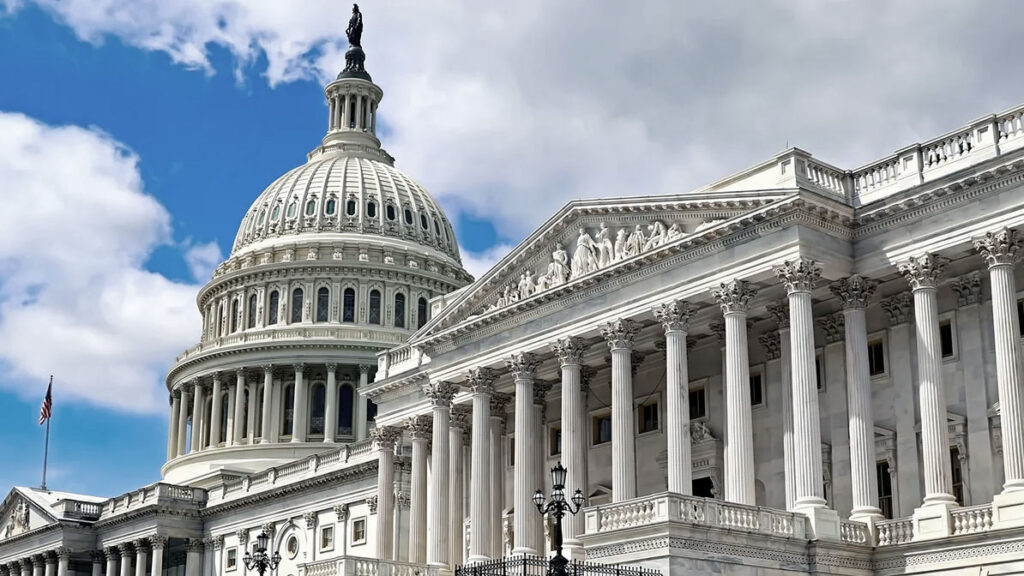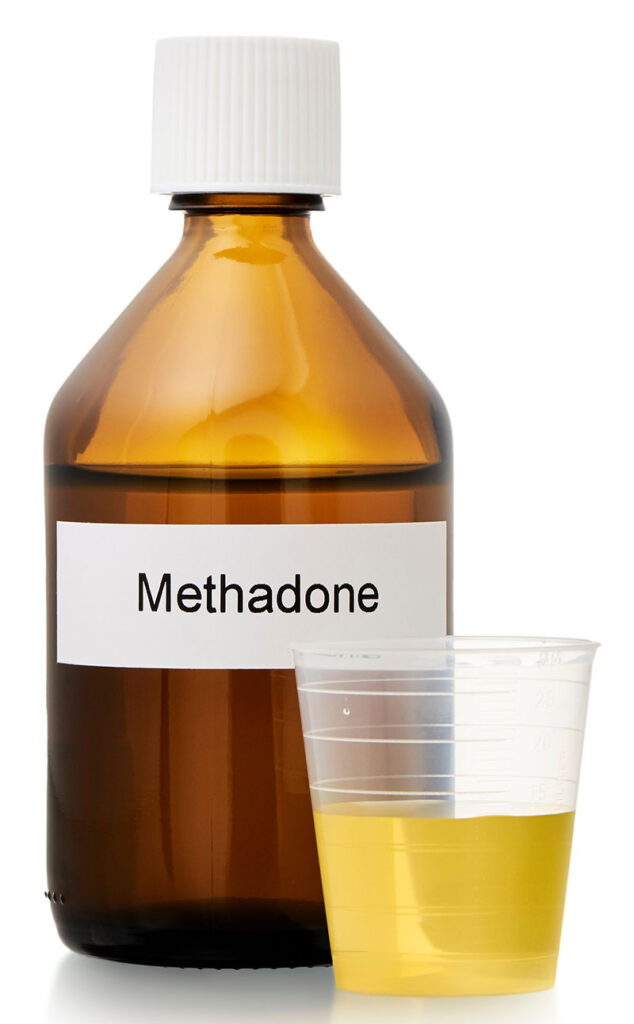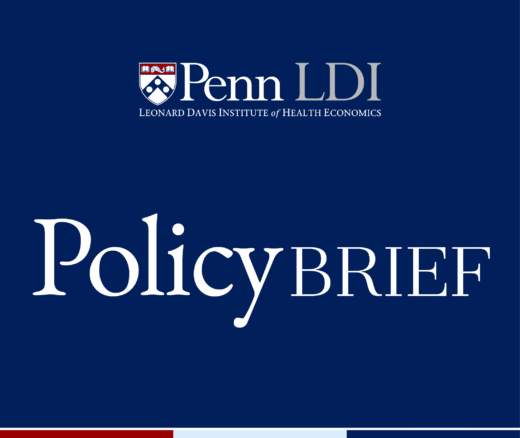
Analysis of the Rural Health Transformation Program
Memo: Response to Request for Analysis
Substance Use Disorder
News

As the U.S. Senate Committee on Health, Education, Labor, and Pensions began considering legislation to recharge the national effort to address the opioid epidemic and overdose death rate, a contingent of academic researchers from the University of Pennsylvania’s Leonard Davis Institute of Health Economics (LDI) and the University of Pittsburgh Medical Center (UPMC) conducted a virtual briefing for a bipartisan group of committee staffers regarding the evidence.
The committee’s work is focused on a proposal for the refunding of the soon-to-expire programs of the 2018 Substance Use-Disorder Prevention that Promotes Opioid Recovery and Treatment for Patients and Communities Act (SUPPORT Act). The act was a landmark piece of legislation and the largest congressional investment in overdose prevention at that time, supporting a broad range of programs aimed at expanding services and their reach across all aspects of substance use disorder treatment.
The new Senate effort is backgrounded by that fact that 80,000 people (222 per day) continue to die annually of opioid overdoses.

While the committee’s new version of the SUPPORT Act continues and augments many of those previously established programs, it is also considering proposals to include several other pieces of new addiction-related legislation. One of these is the Modernizing Opioid Treatment Access Act (MOTAA) that would alter how methadone is regulated and expand how it is distributed for opioid use disorder (OUD).
Methadone, a synthetic opioid designed not to produce a high while it prevents addiction withdrawal symptoms and cravings, is strictly regulated by current Food and Drug Administration (FDA) regulations. A drug taken once a day, it can only be dispensed by opioid treatment program (OTP) locations certified by the Substance Abuse and Mental Health Services Administration (SAMHSA). SAMSHA’s highly restrictive guidelines significantly limit the number of OUD patients who have access to the drug, which is considered the gold standard for OUD treatments because of the overwhelming evidence of its effectiveness.
In their December 4 virtual meeting with a bipartisan group of Senate committee staffers, the six-member Penn LDI/UPC team of addiction and recovery specialists reviewed the evidence that suggests that making methadone more accessible through pharmacy prescriptions could reduce overdose deaths.
The team members were Ashish Thakrar, MD, MS, LDI Associate Fellow from the Perelman School of Medicine; David Mandell, ScD, LDI Senior Fellow and Director of the Penn Center for Mental Health; Jeffrey Jaeger, MD, FASAM LDI Senior Fellow from Perelman; Julia Hinckley, JD, Director of Policy Strategy at LDI; Paul Joudrey, MD, MPH, of UPMC; and Cambria King of UPMC.
Among the evidence addressed by the team of researchers:

Memo: Response to Request for Analysis

Lessons from the Past, Imperatives for the Future

A New Study of a Sample of Facilities Found Half Without Any Behavioral Health Staff

Physicians Were Paid About 10% Less for Visits Involving Black and Hispanic Patients, With Pediatric Gaps Reaching 15%, According to a First-of-Its-Kind LDI Analysis

A New Review Finds Hospital Mergers Raise Prices Without Improving Care, and Urges Regulators to Stop Accepting Quality Claims to Justify Consolidations

Technology Helps Older Adults Stay at Home—But May Delay Necessary Transitions to Higher Levels of Care